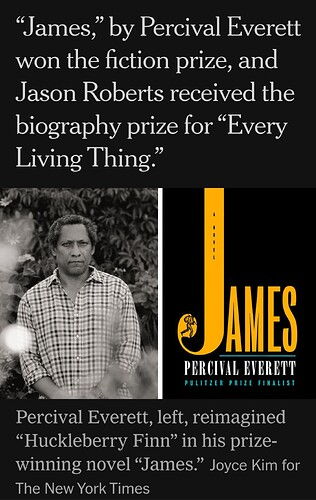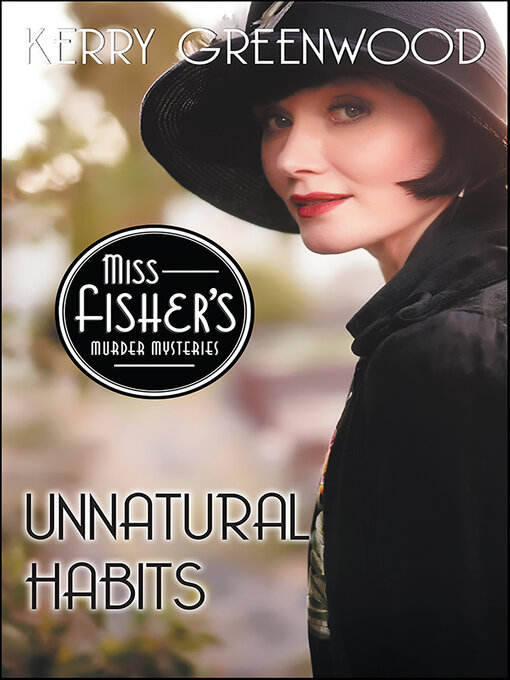More or less by coincidence, I read two books in a row that not only had trans/nonbinary characters in them, but also involved Merlin and Cador in Cornwall.
https://app.thestorygraph.com/books/05bd2e62-b2bd-416d-9b23-889fd34791a3
Based on a 13th century French poem, this is the story of a girl raised as a boy as part of an inheritance plot. The original has a dialogue about gender between Nature, Nurture and Reason. The supposedly happy ending is when Silence gives up the lie and gets married as a woman and lives happily ever after 
In the novel though, Silence identifies as a boy through most of the story, even while feeling shame at the “ruse.” Not a great trope, but in my experience, imposter syndrome is very much a factor and this kid’s life started as an unwilling literal impostor, so I get it. Ultimately, between an oath to be true to himself and some instruction from Merlin – who is a gloriously mad trickster who’s been living naked in the woods eating grass and mushrooms – realizes he is both woman and man and cannot live as half a person, giving up any claims he could only have as either a man or woman (at which point the novel switches to they pronouns). It’s a truth that comes quite late in the story, but then… that tracks too.
Unfortunately there is an unforgivably egregious transphobic stereotype – “man in a dress for nefarious sex-pursuing reasons” – in the poem that also made it into the book. This character is totally irrelevant to the plot, doesn’t exist except two pages, and should 100% have been omitted from a modern retelling… and Myers is a trans man so I just really don’t get this.
https://app.thestorygraph.com/books/ce7b340b-adae-48d4-a67b-08b66dbf6090
Here instead of generic Middle Ages Arthurian knights and such, we have early 6th century Brythonic people, struggling against Saxons just after the Roman occupation ended, and old magic and folkways waning under Christian influence.
The novel retells Child Ballad #10, aka Cruel Sister, Two Sisters, The Bonny Swans, The Dreadful Wind & Rain, Binnorie, etc. But there are three siblings, with the middle one going through a trans awakening with guidance from Myrdhin… whose gender is fluid and also presents as a mysterious forest witch, depending on what people need to see. So the ballad ends up being entwined with other plots, and there is much more going on than simple jealousy. (I guess it would have been a really short novel otherwise.)
I always wanted to retell this ballad as a horror short story, because I always wanted to know why a random passing bard who encounters a drowned girl’s pale, bloated corpse would think “this will be perfect for that harp/fiddle I was wanting to build…” In my story it would have been a grim compulsion, an unwilling possession.
This is not that story, but let’s just say, a harp was made, and it seemed like a good idea at the time… it was a really intense and gruesome scene to read.







